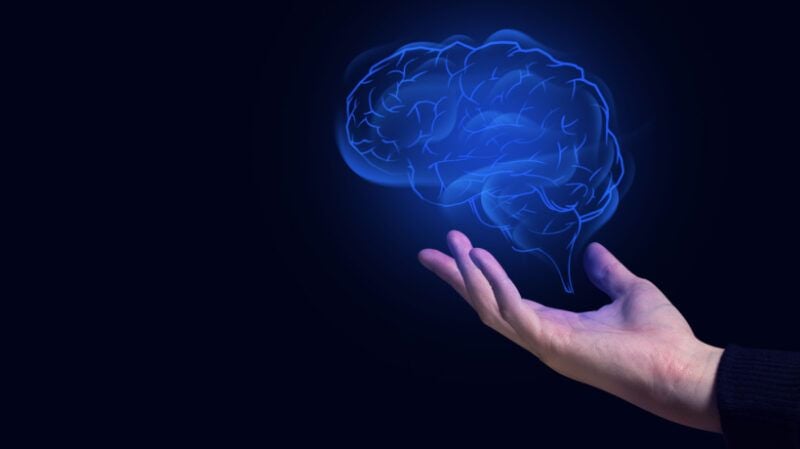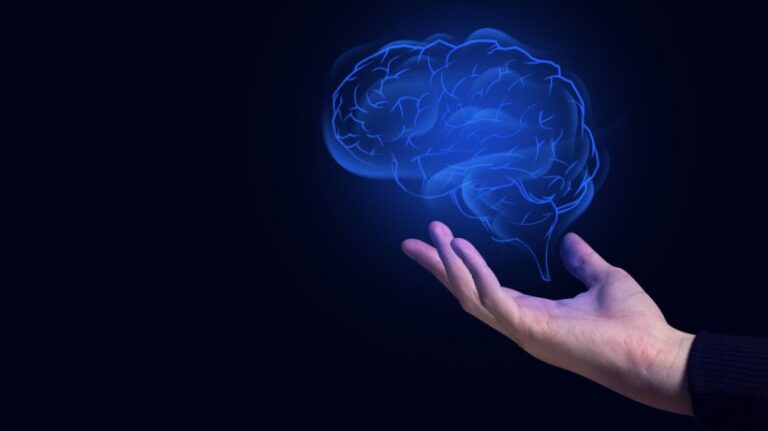
Combining Edtech and Learning Science: A Methodology First Approach
Today, there is a continuing misconception. Technological advances alone define the future of learning. In fact, the EDTECH sector has witnessed explosive growth and is committed to revolutionizing the way we teach and learn, including AI-powered platforms, virtual reality classrooms, and adaptive learning systems. But while technology is undoubtedly a powerful enabler, the true revolution and sustainable impact of EDTECH comes from a deeper understanding and application of learning methods and pedagogical principles, and is firmly rooted in the science of learning. This shift prioritizes effective learning over mere technical novelty and defends a future that is just as important as the tools we use.
Edtech’s technology appeal and limitations
The appeal of new technology in education cannot be denied. From interactive whiteboards to sophisticated AI tutors, each new tool arrives with a wave of excitement and promises of unprecedented efficiency and engagement. In many cases, this leads to a technology-first approach. This approach focuses on getting the latest gadgets and software, but in many cases it doesn’t give you a clear understanding of how to truly enhance your learning. This phenomenon, often referred to as the “edtech hype cycle,” can ultimately lead to significant investments in technologies that do not fulfill their promises.
Evidence for the effectiveness of a technology-only approach is mixed at best. Many studies have shown that simply introducing new technologies into the classroom without corresponding changes in pedagogy does not lead to improvements in learning outcomes. In some cases, it can even be harmful, create distractions and increase the cognitive load of students. For example, school districts may invest heavily in tablets for all students, but we can see that there are no actual changes to the way they are taught, and are used as expensive digital textbooks. The results introduce cost- and ineffective implementations that cannot exploit the true potential of the technology.
The rise of Edtech’s learning science
In response to the limitations of a technology-centric approach, new paradigms are emerging, putting learning science at the heart of Edtech. Learning science is an interdisciplinary field based on cognitive science, psychology, neuroscience and education to understand how people learn. This provides a robust evidence base for designing effective learning experiences, and goes beyond anecdotal evidence and marketing claims to a more empirical and data-driven approach.
At the heart of learning science is a number of important principles that have been shown to significantly strengthen learning and retention. These include:
Repeat interval
The principle is that learning is more effective when learning sessions are not crammed into a single session, but are spaced over time. Search practice
Actively recalling information from memory strengthens neural pathways and improves long-term retention. Cognitive load theory
The idea is that our working memory is limited in capacity and that educational materials should be designed to minimize unrelated cognitive loads and allow students to concentrate on the learning task itself.
Several advanced Edtech companies are already beginning to embrace a learning science-first approach. A popular language learning app, Duolingo incorporates repetition of intervals and search practices into its core design. Khan Academy, a nonprofit educational institution, was a supporter of Mastery Learning, a concept deeply rooted in the science of learning. These companies show that when technology is guided by a deeper understanding of how people learn, the results are truly transformative.
Methodology First Design: A New Paradigm of Edtech
The most innovative Edtech companies currently employ a “methodology-first” design philosophy. This means that they will clearly understand the desired learning outcomes and then design the technology to support those outcomes, rather than the other way around. This approach is often informed by design thinking, a user-centric design process that prioritizes empathy, ideas and experiments.
Adaptive learning systems are a prime example of how methodology informs technology. While early adaptive learning platforms relied on simple algorithms to adjust the difficulty of questions, modern systems are increasingly adopting the principles of learning science to create truly personalized learning paths. These systems can identify gaps in student knowledge, provide targeted feedback, and deliver content in a way optimized for individual learning needs.
One compelling case study is the work of Kinkton, who developed an adaptive learning platform for use by a wide range of educational institutions. Knowton’s platform uses sophisticated algorithms to analyze student performance data and create personalized learning paths for each student. The platform has been shown to significantly improve learning outcomes, and several studies have shown that it can help students learn twice as fast as traditional methods.
Edtech’s Future: Methodology Fills Technology
The future of Edtech lies in a symbiotic relationship between methodology and technology. As understanding of learning science continues to grow, we see the development of even more sophisticated and effective Edtech tools. We are already seeing the emergence of new trends prioritizing learning science, such as microlearning platforms that provide content for shortened concepts, and apps specifically designed to promote repetition of intervals and search practices.
This shift is also reflected in investment trends. While early EDTECH investors often focused on technology novelty, there is now growing awareness that evidence-based solutions are likely to succeed in the long term. As a result, we have seen changes in funding for companies that can demonstrate a clear impact on learning outcomes.
We can expect to see a continuous convergence of learning science and Edtech over the next five to ten years. We see new tools designed to support a wider range of learning modalities, as well as development of more personalized and adaptive learning platforms. Teachers’ roles have also evolved, and educators become like learning designers, curating and creating personalized learning experiences for students.
Conclusion
Edtech Revolution is not about the latest gadgets or the most sophisticated software. It’s about a fundamental change in how we think about learning. By placing learning science at the heart of Edtech, we can create a future in which technology is not just a tool, but a powerful catalyst for human potential. The true revolution in education comes from understanding how people learn, not from the technology we use.
reference
Peoplekult
Peoplekult (re) shapes the culture of work. Our approach to cultural change is based on behavioral science and analysis. Scales up changes consistently and efficiently.


